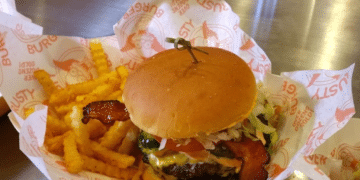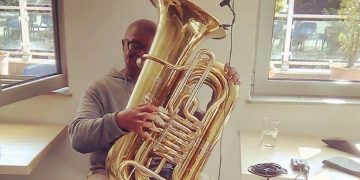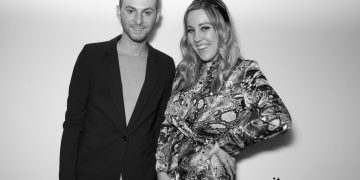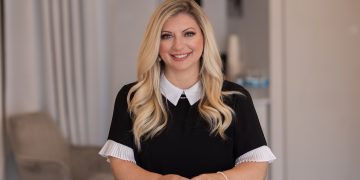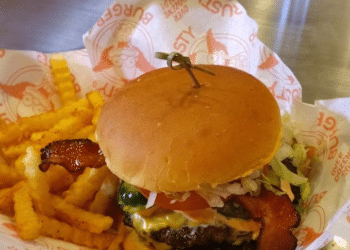The study, carried out in Australia, was carried out by recording and analysing the verses of 13 specimens of Holstein-Fresian, a European breed of dairy cattle.
Cows can express positive and negative emotions, make comments about the weather or food and express excitement, surprise, commitment or anxiety. This is suggested by research published in Nature and conducted by Alexandra Green at the University of Sydney. The study, which began in 2017, was carried out by recording and analyzing the verses of 13 specimens of Holstein-Fresian, a European dairy cattle breed. Green’s team found that each cow seems to keep its moo distinct, helping to maintain contact with the herd. “We found that the cattle’s vocal individuality is relatively stable in different emotionally charged farming environments,” explains the researcher.
Several studies have already been carried out on communication between cows, which confirmed the unique tone used between cattle mothers and their offspring. The results of the research could help farmers to keep their cattle healthy and happy by understanding buy xanax online their mood and the meaning of their moans. “Milk cows communicate with each other all the time, but when they talk about happier things, like food, their moans are louder,” Green explains. “When they complain about the weather, their verses, while retaining their individuality as a sort of fingerprint, are lower,” he adds. That’s why scholars have created software designed to help understand different ways mammals express themselves, a sort of Google Translate for cows.
“They are social and sociable animals,” continues the researcher. “In a way, it’s not surprising that they claim their individual identity all their lives, but this is the first time we’ve been able to analyze their voices for conclusive evidence of this characteristic. Hopefully, by acquiring knowledge of their vocalizations, farmers will be able to tune in to the emotional state of their livestock, improving their welfare and recognizing specimens that may require individual attention,” says the researcher, who hopes one day to make a dictionary from English to the cow.




